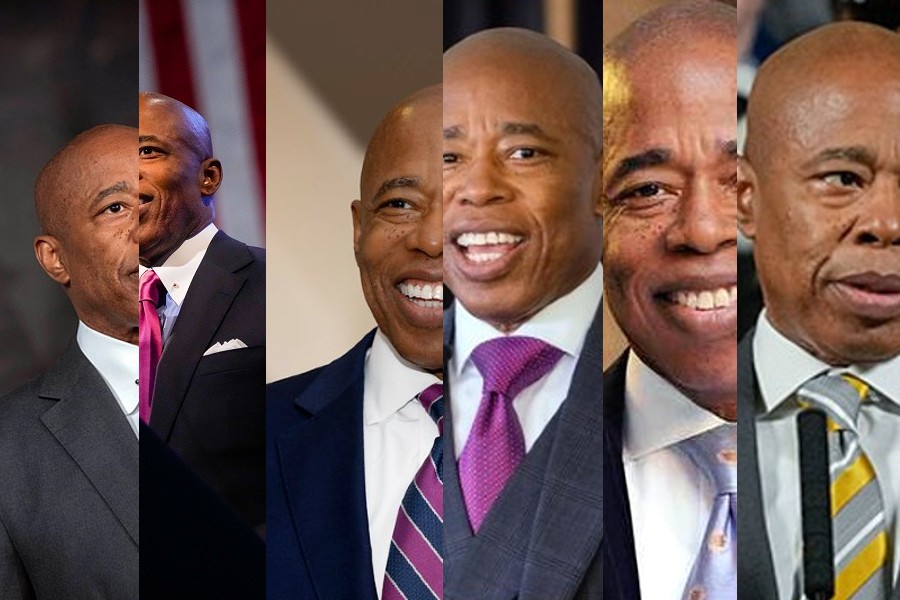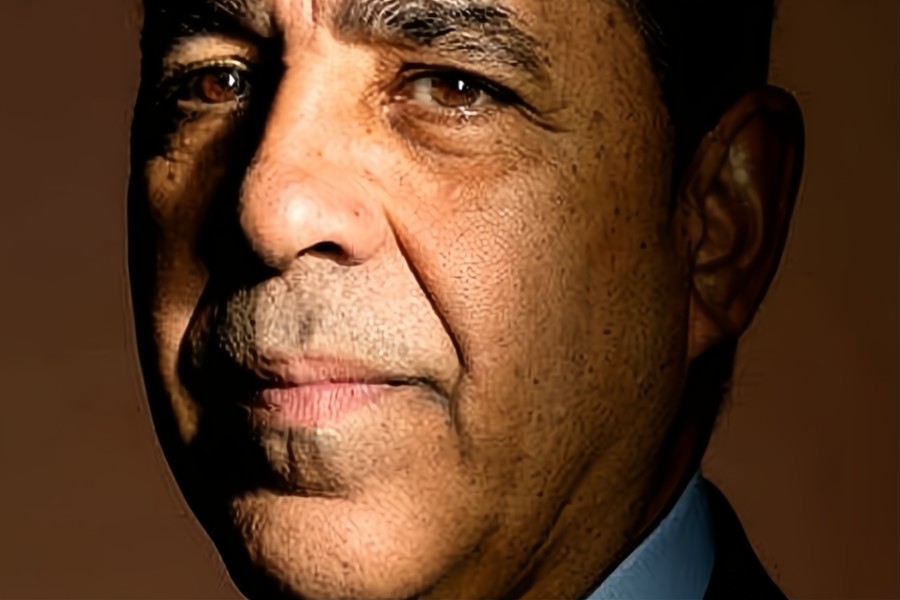 This week, Governor Cuomo is expected to announce that those with Cancer, Glaucoma and certain other illnesses from Harlem to East Hampton will have access to medical marijuana.Under his plan, 20 hospitals across New York State would be able to prescribe it sometime this year.
This week, Governor Cuomo is expected to announce that those with Cancer, Glaucoma and certain other illnesses from Harlem to East Hampton will have access to medical marijuana.Under his plan, 20 hospitals across New York State would be able to prescribe it sometime this year.
Professor David Birdsell of Baruch College says New Yorkers overwhelmingly support legalizing marijuana for medical uses.
Governor Cuomo faces re-election this year.
His position would align him with Governor Chris Christie of New Jersey.
We’re expecting Governor Cuomo to announce these changes in his State of the State address on Wednesday.
The Chairman of the State Conservative party criticized the Governor’s decision to loosen restrictions on a drug that he says has no proven medical benefits.
Richard N. Gottfried, a Manhattan Democrat who leads the assembly’s health committee, has held two public hearings on medical marijuana in recent weeks, hoping to build support for a bill under which health care professionals licensed to prescribe controlled substances could certify patient need.
Mr. Gottfried said the state’s historical recalcitrance on marijuana was surprising.
“New York is progressive on a great many issues, but not everything,” he said.
Mr. Cuomo has decided to bypass the Legislature altogether.
In taking the matter into his own hands, the governor is relying on a provision in the public health law known as the Antonio G. Olivieri Controlled Substance Therapeutic Research Program. It allows for the use of controlled substances for “cancer patients, glaucoma patients, and patients afflicted with other diseases as such diseases are approved by the commissioner.”
Mr. Olivieri was a New York City councilman and state assemblyman who died in 1980 at age 39. Suffering from a brain tumor, he used marijuana to overcome some of the discomfort of chemotherapy, and until his death lobbied for state legislation to legalize its medical use.
The provision, while unfamiliar to most people, had been hiding in plain sight since 1980.
But with Mr. Cuomo still publicly opposed to medical marijuana, state lawmakers had been pressing ahead with new legislation that would go beyond the Olivieri statute.
Mr. Gottfried said he wanted a tightly regulated and licensed market, with eligible patients limited to those with “severe, life-threatening or debilitating conditions,” not the broader range of ailments — backaches and anxiety, for instance — that pass muster in places like California, which legalized medical marijuana in 1996.
“What we are looking at bears no resemblance to the California system,” Mr. Gottfried said.
While he was aware of the Olivieri statute, he believed it had not been implemented because it would have required “an elaborate administrative approval process,” which he said could be overly burdensome on patients.
Ethan Nadelmann, the executive director of the Drug Policy Alliance, praised Mr. Cuomo’s decision as “a bold and innovative way of breaking the logjam” in Albany, though it may not be the final word on medical marijuana.
Mr. Cuomo “remains committed to developing the best medical marijuana law in the country,” Mr. Nadelmann said. “And that’s going to require legislative action.”
The administration has much work to do before its program is operational: For starters, it must select the participating hospitals, which officials said would be chosen to assure “regional diversity” and according to how extensively they treat patients with or research pertinent illnesses like cancer or glaucoma.
Another hurdle: State and federal laws prohibit growing marijuana, even for medical uses, though the Obama administration has tolerated it. So New York will have to find an alternative supply of cannabis. The likely sources could include the federal government or law enforcement agencies, officials said.
What do you think, should it be legalized?
Related articles
Become a Harlem Insider!
By submitting this form, you are consenting to receive marketing emails from: . You can revoke your consent to receive emails at any time by using the SafeUnsubscribe® link, found at the bottom of every email. Emails are serviced by Constant Contact
























